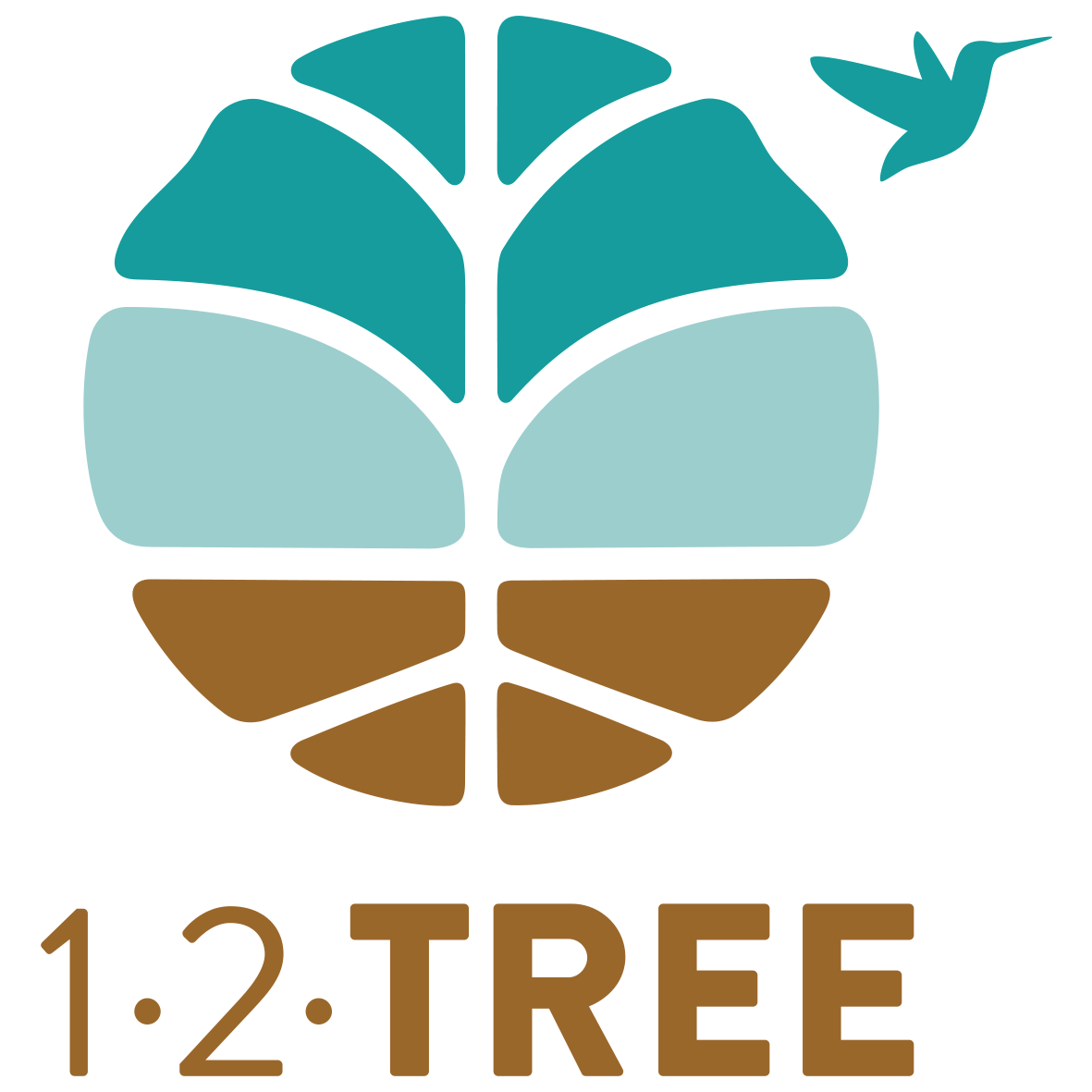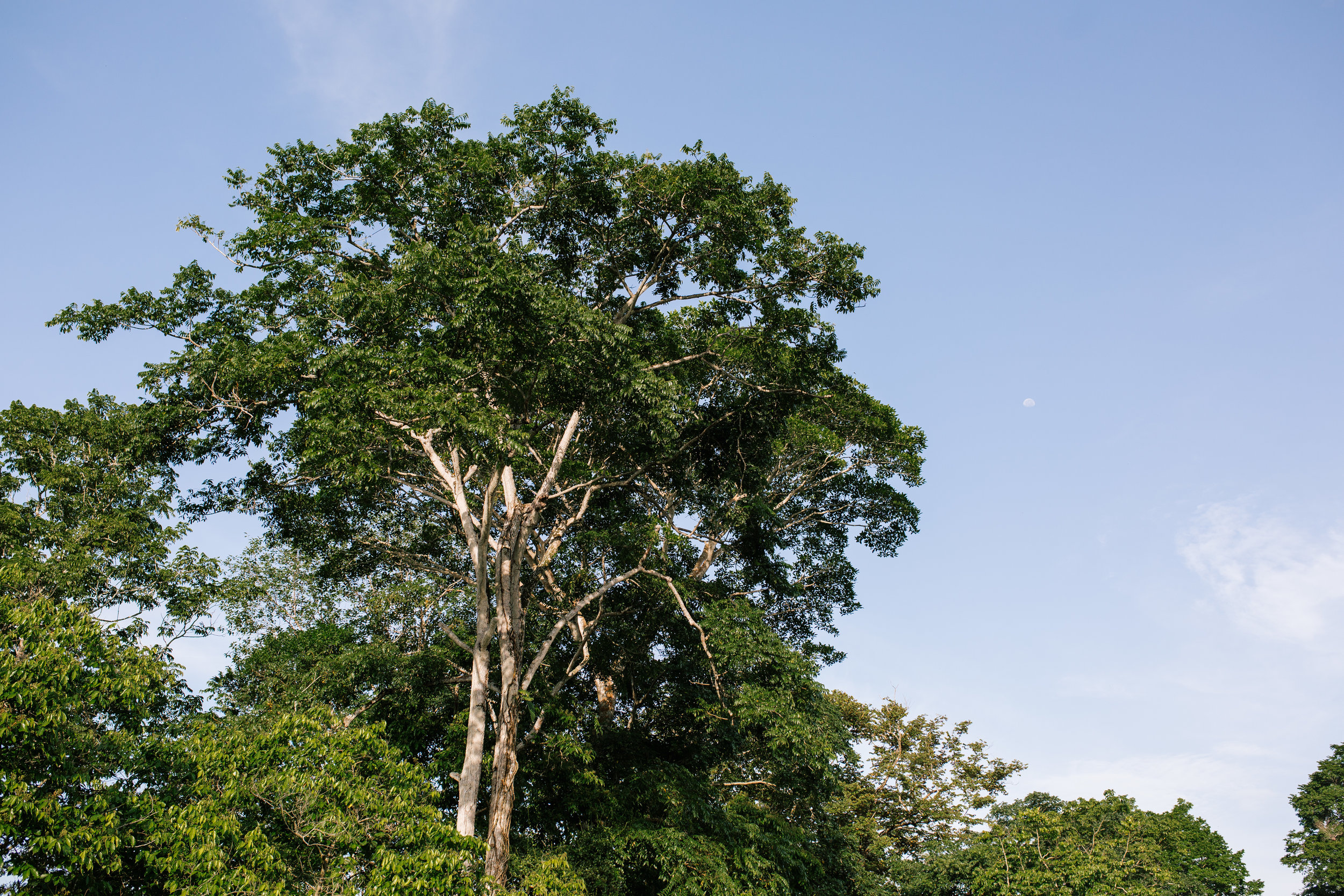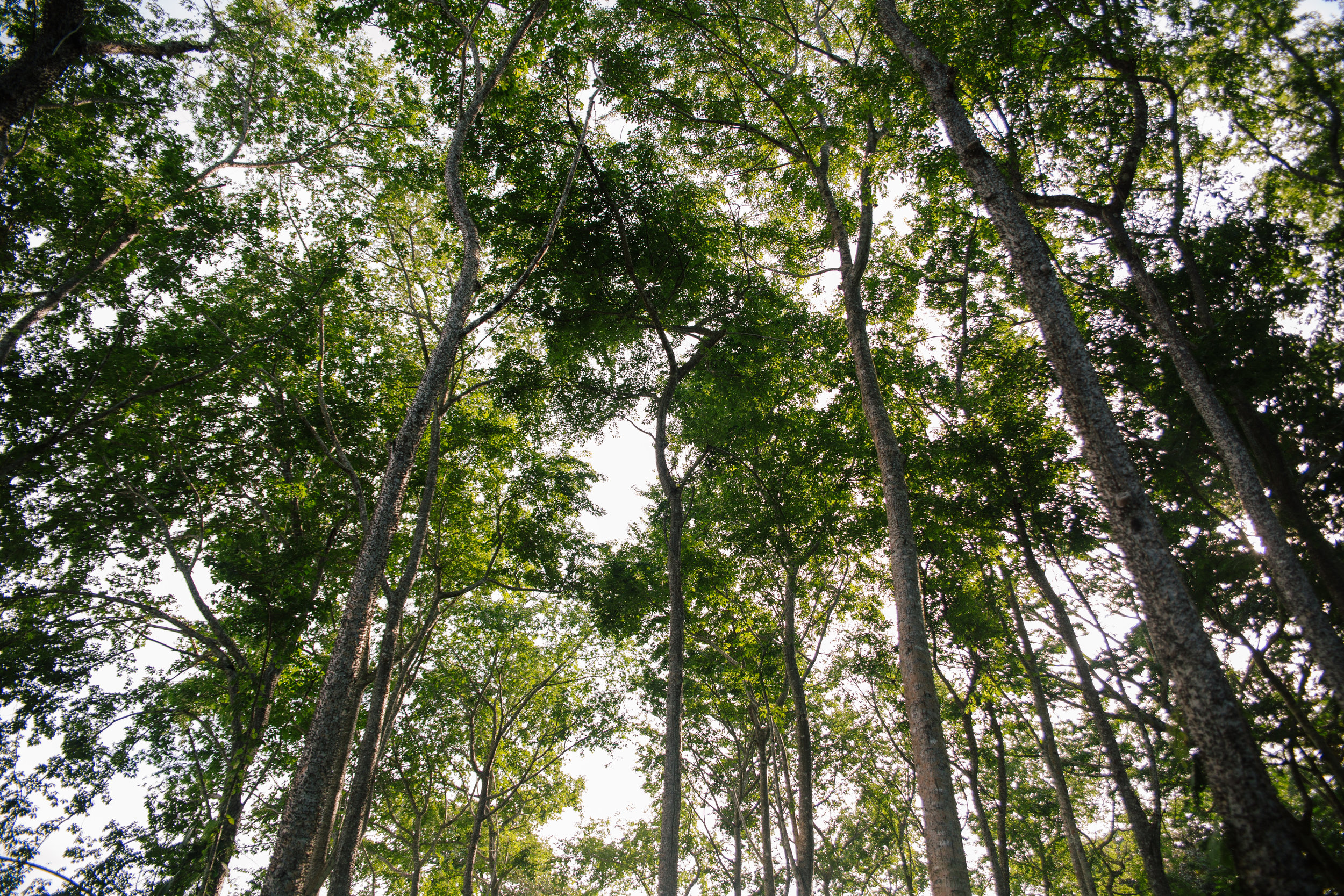About
Four essential principles
guide us through the creation of truly sustainable and whole farming systems that balance the social, economic and environmental dimensions of sustainability
PROGRESSIVELY IMPROVE WHOLE AGROECOSYSTEMS (SOIL, WATER AND BIODIVERSITY) to achieve increased agricultural productivity while enhancing ecosystem services and climate resilience.
CONTINUALLY GROW AND EVOLVE THE HUMAN CAPITAL to improve livelihoods and foster inclusive economic growth, and enhance the resilience of people, communities and ecosystems
CREATE CONTEXT-SPECIFIC DESIGNS AND MAKE HOLISTIC DECISIONS THAT EXPRESS THE ESSENCE OF EACH FARM to achieve higher rates of efficiency in the use of key inputs, including water, nutrients, pesticides, energy (including farm power), land and labour.
ADAPT GOVERNANCE TO NEW CHALLENGES and enhance dialogue and coordination with other stakeholders, strengthen innovation systems and facilitate knowledge and capacity sharing within farms from our portfolio.











